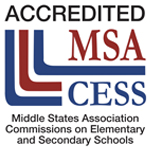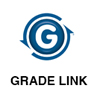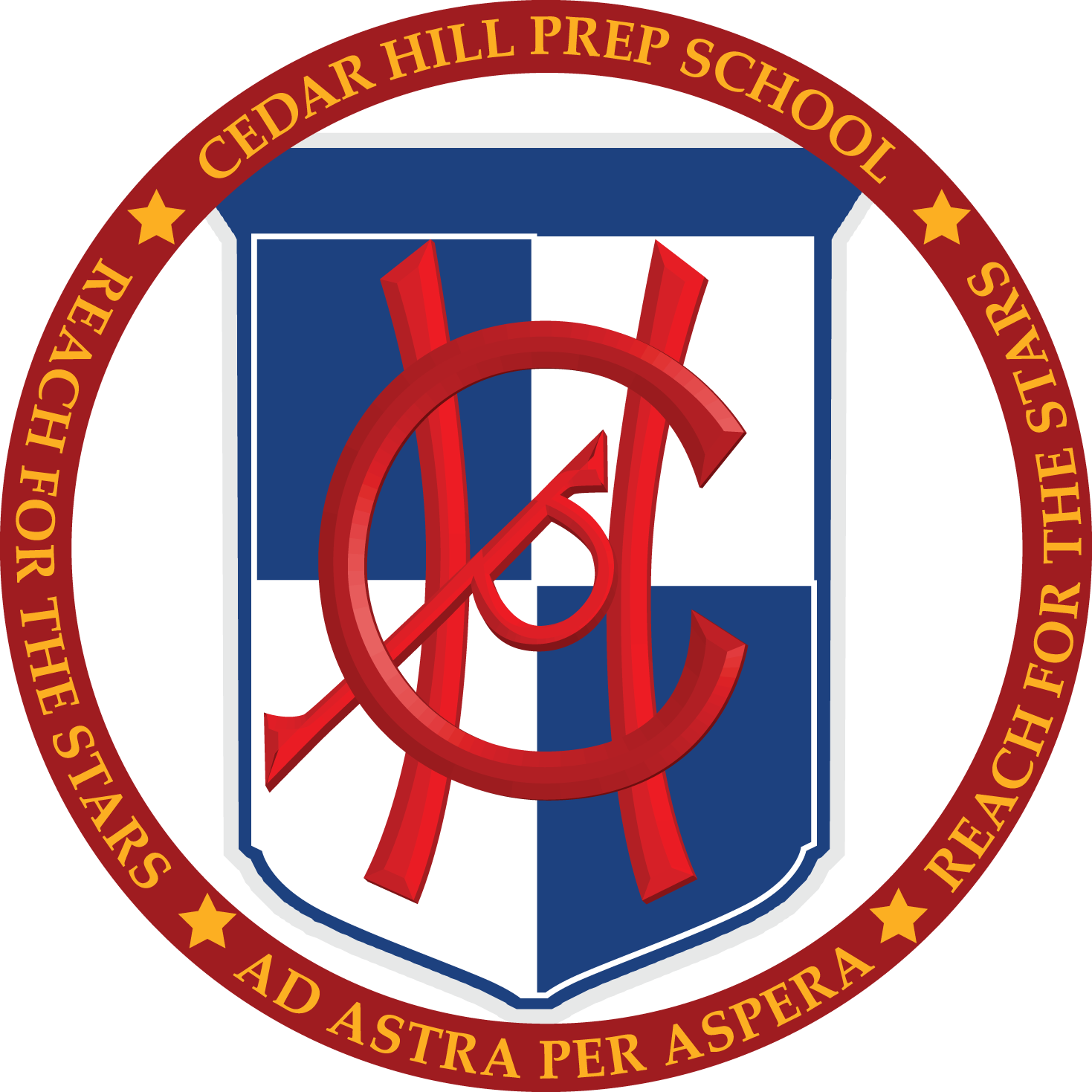Most parents are confused about standardized tests. Trying to research and understand what standardized tests are all about is daunting. Taking it can be stressful for your child because the process seems opaque or unnecessary, or you may question the validity of these tests. You might also have a hard time keeping track of what the latest test is, when it is administered, and what assessment it is replacing.
We don’t ever want you to feel in the dark about your child’s education, so we are hoping that this can help you understand standardized testing a little better — what it is, how it is administered, how it is used by the State, and what you can do to help ease your student’s mind about the process.

Partnership for Assessment of Readiness for College and Careers (PARCC)
In 2011, New Jersey became a major governing state of the Partnership for Assessment of Readiness for College and Careers (PARCC). This consortium is a partnership between several states and it has collaboratively created a set of common assessments to measure student baseline proficiency. With over 20 states once participating in PARCC, now only 9 states still participate. Each state adjusts the PARCC test, so it is not nationally normed.
Currently, PARCC is the only state-mandated test and is required for high school graduation. Individual school districts decide for themselves if they want to administer other proficiency or achievement tests, for instance:
TerraNova
Developed by McGraw-Hill, it is a nationally normed standardized achievement and cognitive test. It is correlated to textbooks and content written for each grade, and the questions are general and test for understanding. It is used by the Department of Defense Dependent Schools, the state of California (as part of the CAT-6), in several other states, and by private schools across the country.
Comprehensive Testing Program (CTP)
The Comprehensive Testing Program (CTP) is a rigorous assessment for high achieving students in areas such as reading, listening, vocabulary, writing, science (online only), and mathematics. The CTP helps compare content specific, curriculum-based performance to the more conceptual knowledge base found on reasoning tests. The CTP is used by most independent schools across the country.
Independent School Entrance Exam (ISEE)
ISEE is a standard assessment of skills for each applicant, ranking his or her reasoning and achievement skills among students in the same grade. It enables students to take a single, fair, and reliable test for entrance into top-performing independent schools. The ISEE is used by consortia throughout the U.S. and internationally, and for the City of Boston’s Exam Schools.
Secondary School Admission Test (SSAT)
SSAT is a nationally normed standardized test used by admission officers to assess the abilities of students seeking to enroll in an independent school. The SSAT measures the basic verbal, math, and reading skills students need for successful performance in independent schools.
IOWA TEST
The Iowa Tests Form A are nationally normed standardized tests that offer educators a diagnostic look at how their students are progressing in key academic areas. Available for K-12, the Iowa tests allow educators to trace student achievement growth continuously.
Assessments have undergone major changes through the years, and educators continue to apply critical lenses to them in order to best serve students, schools, and teachers alike. What hasn’t changed is the commitment to provide the best possible education to students through (and as a result of) these assessments.
What You Need To (And Will) Know Beforehand
As a parent, it can be difficult to guide your child through a stressful time without thorough knowledge of the situation at hand. Standardized Testing shouldn’t be such a situation. New Jersey lawmakers have made provisions to ensure that students and parents have all necessary information available to them in a timely and organized fashion. Beginning in the fall of 2016, pursuant to N.J.S.A. 18A:7C-6.6, all schools (charter or public) must provide certain information about standardized testing to parents and guardians. You should expect to receive (by October 1 of each year) information about tests that will be administered in that school year. This information must (and will) include:
- The subject area of expected assessments and the grade levels that will be tested
- The date range of planned assessment administration (or potential assessment administration)
- The amount of time students will be given to complete the assessment
- Information about accommodation options available to students in cases where accessibility is an issue
- Instructions detailing how (and when) students and parents can access sample questions and answers that will help in preparation for the assessment
- Instructions detailing how (and when) students and parents can access the student’s results
- Details regarding whether the assessment is a state or federally mandated test, or both.
Why Are Standardized Tests Given?
It can seem very arbitrary and counter-productive to hold so many students to one set of standards, but standardized testing definitely has an important place in your child’s education. As a start, a standardized test gives vital data to teachers, students, and parents. It shows how well a school is performing on a national stage, and in what areas that school can improve. In so doing, standardized testing helps us help your children. It gives us benchmarks to hit and shows us where we excel and where we can bolster our program.
Similarly, it helps our students see where they themselves excel and where, perhaps, they could use more help to improve. Rather than rely solely on curriculum data from one location (namely, the school your child attends), a standardized test gives a much wider spectrum of information so you can better understand how your child is learning compared to a much broader array of his/her peers.
Standardized tests also provide this information in a way that is tangible in many different environments. When your child’s education advances beyond our institution, they can take those standardized testing results with them as proof of their excellence and also as a demonstration of their educational strengths and needs. Having that kind of transcript is a valuable tool towards providing continuous learning opportunities for your child, no matter where their education might lead them.
Last, but certainly not least, standardized testing provides accountability to teachers. It shows whether or not they have achieved the goals they set out to accomplish with their syllabi and lesson plans, and creates steady progress benchmarks by which they must hit these goals.
If you’re curious about what kind of assessments to be on the lookout for in the next year, you can refer to this table provided by the state of New Jersey.
Over the next few weeks, we will dive deeper into the topic of standardized testing, PARCC in particular, and contrast these proficiency tests against achievement tests, as well as examine closer what the academic end goal of your child’s education should be. So subscribe to our blog and stay tuned.






